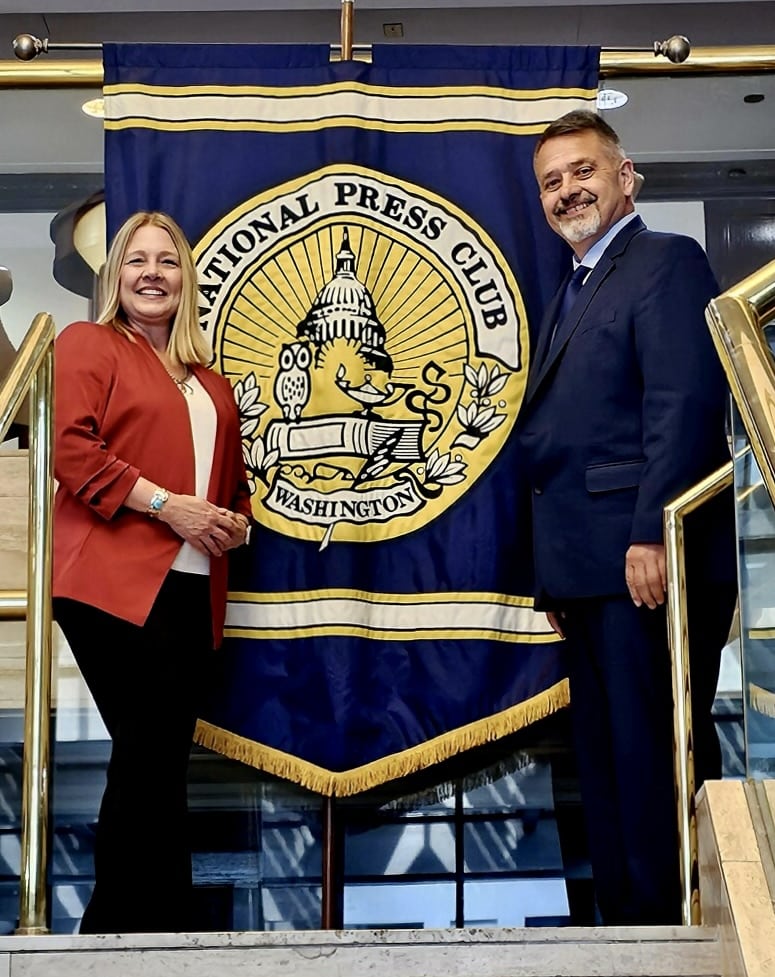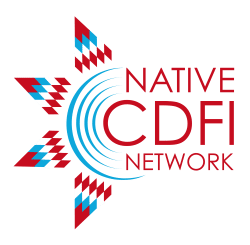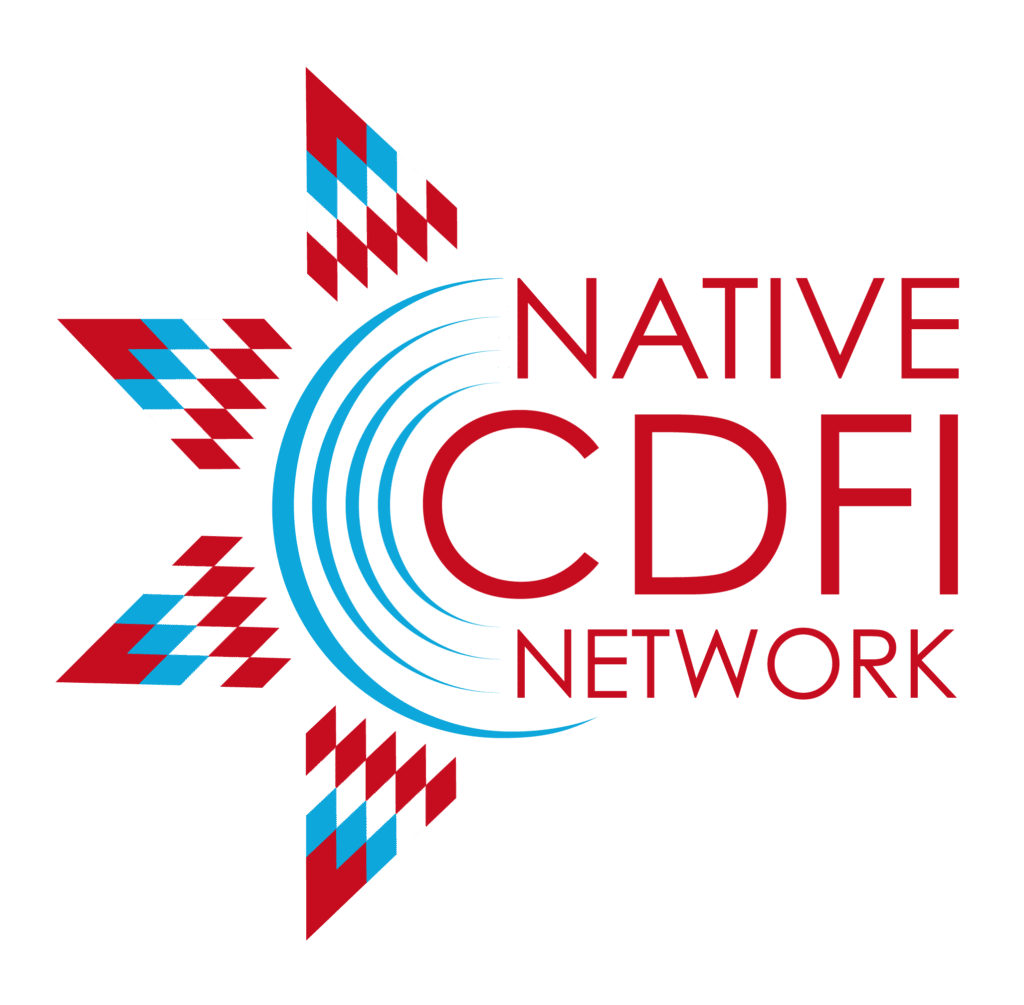
Here a few highlights from the past couple months:
April 24-27: Washington, D.C. – Developing a Shared Infrastructure for Greenhouse Gas Reduction Fund (GGRF) Implementation in Low-Income and Disadvantaged Communities (LIDAC) hosted by University of New Hampshire – Center for Impact Finance. The goal of this convening was to identify and determine priority areas of collaboration where GGRF awardees and key ecosystem players can work together to create shared infrastructure that will support clean energy finance deployment in LIDAC communities.
May 8: Washington, D.C. – Powering the Energy Transition hosted by the Alliance for Saving Energy. A key theme and takeaway from this gathering was Demand is the new supply. As Pete Upton has noted numerous times in comments regarding the GGRF programs, “for these initiatives to work, we must first engage with Native households and communities to better understand their need and desire for clean energy products then raise awareness about the potential cost savings and increase in disposable income that can result from energy efficiency upgrades.”
May 9: New York, NY – Climate Resilience Solutions for Financial Health & Empowerment hosted by Inclusiv. The convening focused on the ongoing impacts of climate change and increased strain on the finances of families in LIDAC communities. Participants explored ways to incorporate climate resilience and solutions into financial health and empowerment efforts.
May 20-22: Washington, D.C. GGRF Private Capital Leverage Conveninghosted by RMI. Participants had the opportunity to hear from one another about respective clean investment priorities and strategies, and to engage in structured discussions to identify shared objectives and opportunities for private markets to work better for community benefit and climate equity.
June 2-4: New York, NY – Financial Innovations Roundtable hosted by Federal Reserve Bank of New York and University of New Hampshire – Center for Impact Finance. The event brought together GGRF awardees, experienced practitioners, thought leaders, and investors from across the clean energy finance ecosystem needed for efficient and effective implementation. With a primary focus on the cross-cutting topics of capacity-building and market-building, participants discussed collaboration opportunities across the ecosystem.
June 10, Santa Ana Pueblo, New Mexico – 9th Annual Native CDFI Capital Access Convening hosted by Oweesta. Upton participated in a panel discussion on the role Native CDFIs will play in supporting clean energy projects and initiatives in Native communities.
Native nations and communities are at the forefront of climate change, and as place-based peoples, are disproportionately impacted by its rapidly intensifying effects. Indian Country’s clean energy future must be self-determined if it is to truly sustain Native communities, economies, cultures, and lifeways for the next seven generations and beyond.
We need adequate resources to ably sustain the viability of Mother Earth as we have done for millennia. This is why NCN applied for the CCIA, and why it is committed to supporting the ability of its Community Lenders to design and provide customized clean energy financing products that meet the distinct needs and goals of Native nations and communities.
As many stakeholders continue to wrestle with how the GGRF program should roll out and the types of supports lenders will need to deploy clean energy capital, Pete Upton’s message has remained steady and clear, “One of our strengths is that Native CDFIs have the trust of their communities and will make sure they are not left behind. These communities are made up of our families. We will make sure this money flows to those who need it the most.”

